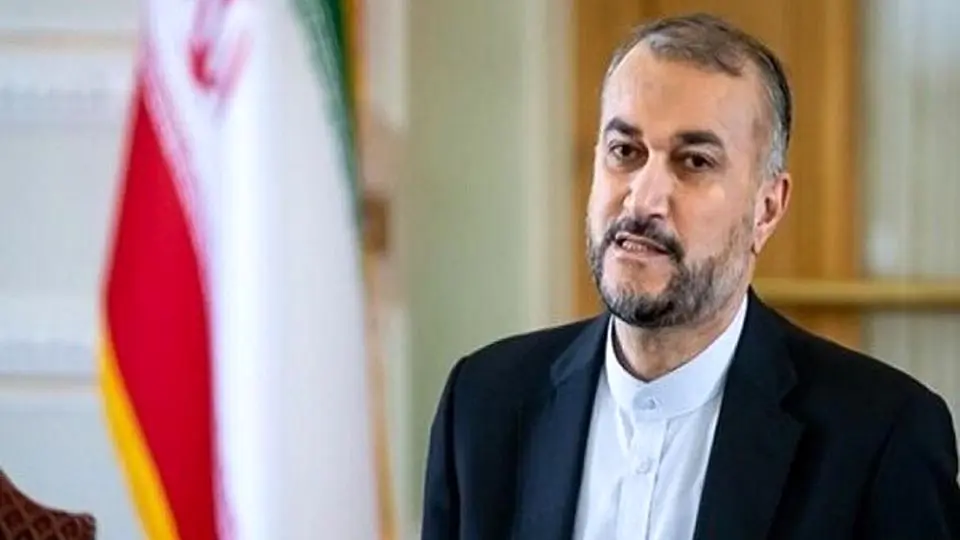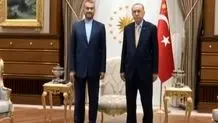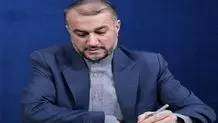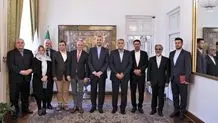US sanctions hamper medicine for Iran chemicals arms victims
Criticizing unilateral US sanctions imposed on Iran, Iranian Foreign Minister said that oppressive US sanctions has made in extremely difficult to provide medicine and medical equipment needed by chemical war veterans.

MEHR: Criticizing unilateral US sanctions imposed on Iran, Iranian Foreign Minister said that oppressive US sanctions has made in extremely difficult to provide medicine and medical equipment needed by chemical war veterans.
Hossein Amir-Abdollahin made the remarks in a message on Wednesday on the occasion of anniversary of Iraqi chemical bombardment of Sardasht in Iran and National Day of Fight against Chemical and Biological Weapons.
Iranian Foreign Minister wrote, “Thirty-five years have passed since the horrific chemical bombardment of the city of Sardasht by brutal Ba'athist regime. Although more than 300 chemical weapons and bombs were used against Iranian soldiers and civilians during the eight years of Iraqi imposed war against Iran (1980-1988) in all provinces located at the western border of Iran, July 1987 chemical attack carried out by Iraqi Ba’athist regime on four parts of Sardasht and some surrounding villages were the most tragic event that displayed the severity of the crimes of Saddam Hussein's regime and its Western partners.”
For the first time in human history, Iranian soldiers and civilians were exposed to the widespread use of chemical agents including mustard and nerve gases. The technical know-how required for the production of chemical weapons, raw materials, chemical weapons production equipment and financial aid had been provided to Saddam's regime for years by some companies and citizens of Western countries, especially the United States, Britain and Germany, with the green light of some Western countries, Amir-Abdollahian emphasized.
Silence and complicity of the world powers and those who call themselves “international community” undoubtedly played a major role in the Ba'athist regime's brazen audacity in using chemical weapons against people of Sardasht, the first city to be chemically invaded, Ira’s top diplomat added.
Government of Islamic Republic of Iran has pursued an active policy in legal and international forums to pursue and realize the spiritual and material rights of martyrs and dear chemical warfare victims, he said, adding that proposing the establishment of an international network to help and support victims of chemical weapons, establishment of a fund to help chemical victims, and support lawsuits lodged against companies and foreign nationals are of the salient measures taken by Iranian government in this respect. Obviously, these measures require incessant follow ups to achieve results.
Amir-Abdollahian said that the lack of proper international attention to the city of Sardasht as the first residential city, which was chemically bombarded, caused despair and hopelessness among the brave and courageous people of Sardasht. Hence, international community is expected to address the situation of Sardasht in the same way as the cities of Hiroshima and Nagasaki, which became famous for their horrific nuclear weapons attacks.
Iraq bombarded Sardasht in West Azerbaijan Province with chemical weapons on June 28, 1987, killing over 1,000 and injuring over 8,000 civilians, many of whom were permanently disabled.




